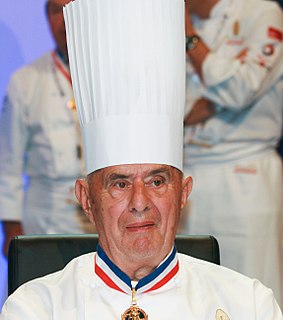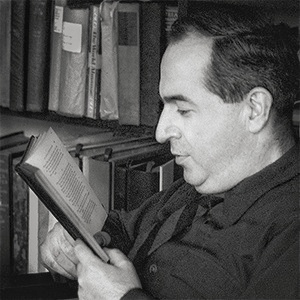A Quote by Johann Wolfgang von Goethe
The thinker makes a great mistake when he asks after cause and effect. They both together make up the indivisible phenomenon.
Related Quotes
One should not wrongly reify 'cause' and 'effect,' as the natural scientists do (and whoever, like them, now 'naturalizes' in his thinking), according to the prevailing mechanical doltishness which makes the cause press and push until it 'effects' its end; one should use 'cause' and 'effect' only as pure concepts, that is to say, as conventional fictions for the purpose of designation and communication-not for explanation.
If one makes a mistake, then an apology is usually sufficient to get things back on an even keel. However-and this is a big ‘however’- most people do not ever know why their apology did not seem to have any effect. It is simply that they did not make a mistake; they made a choice…and never understood the difference between the two.
When someone asks you the question 'Are you ticklish' it doesn't matter if you say yes or no, cause they're going to touch you. If someone asks if you're ticklish and you don't want to be touched you should something like 'I have diarrhea, now don't touch me cause you'll make it come out... and yes I'm very ticklish'.
I have often had cause to feel that my hands are cleverer than my head. That is a crude way of characterizing the dialectics of experimentation. When it is going well, it is like a quiet conversation with Nature. One asks a question and gets an answer, then one asks the next question and gets the next answer. An experiment is a device to make Nature speak intelligibly. After that, one only has to listen.
Is there in painting an effect which arises from the being together of repose and energy in the artist's mind? - can both repose and energy be seen in a painting's line and color, plane and volume, surface and depth, detail and composition? - and is the true effect of a good painting on the spectator one that makes at once for repose and energy, calmness and intensity, serenity and stir?
It is a great mistake to suppose that bribery and corruption, although they may be very convenient for gratifying the ambition or the vanity of individuals, have any great effect upon the fortunes or the power of parties. And it is a great mistake to suppose that bribery and corruption are means by which power can either be ob-tained or retained.
Pleasure is not the goal of man, but knowledge. Pleasure and happiness comes to an end. It is a mistake to suppose that pleasure is the goal. The cause of all the miseries we have in the world is that men foolishly think pleasure to be the ideal to strive for. After a time man finds that it is not happiness, but knowledge, towards which he is going, and that both pleasure and pain are great teachers.





































